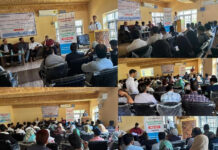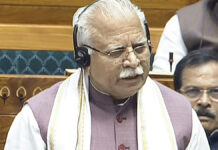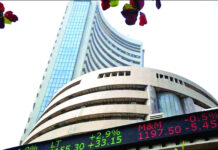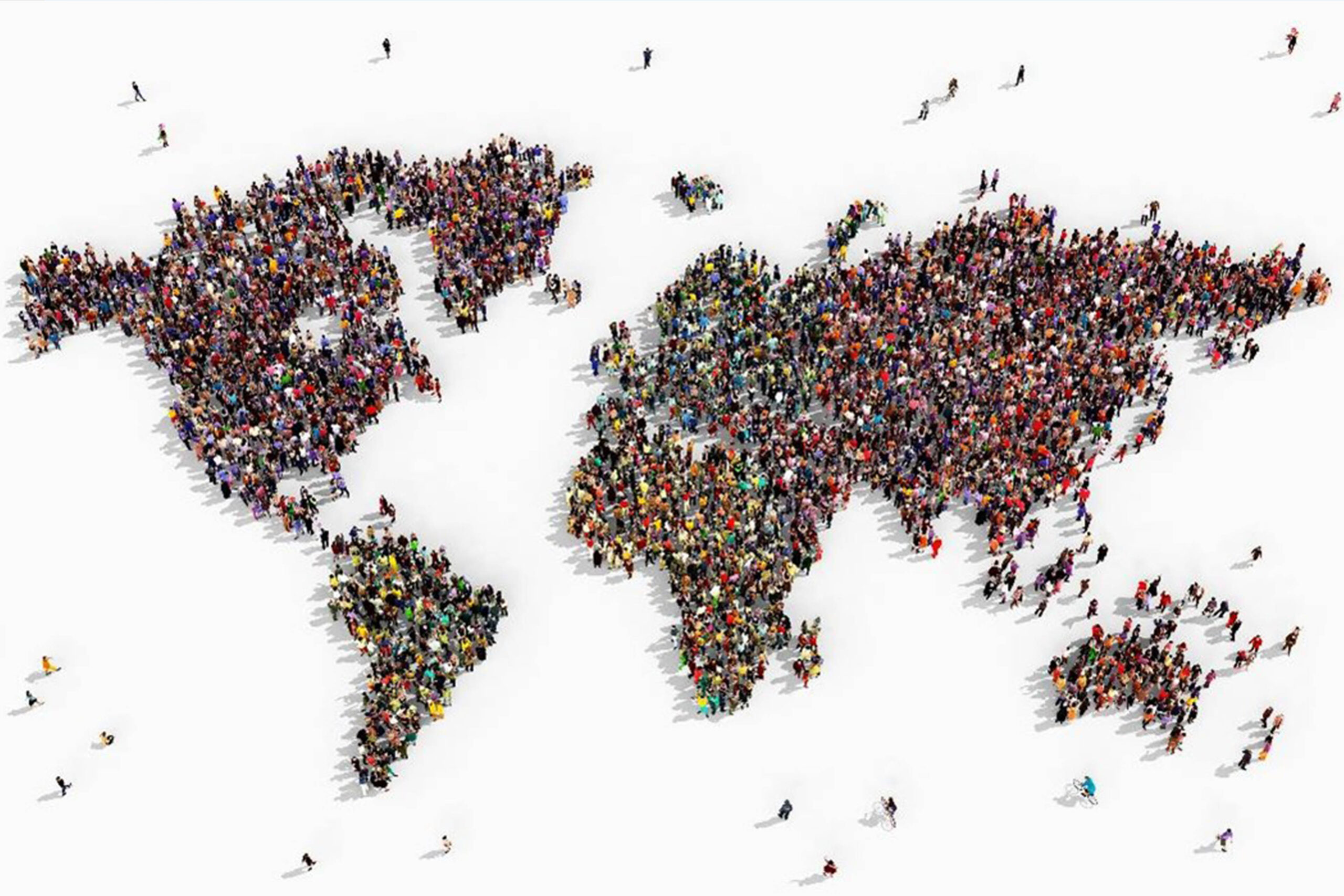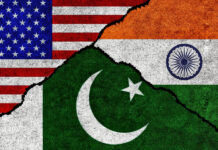Agency
new delhi, Nov 11
The out-of-pocket expenditure (OOPE) on healthcare in India is decreasing largely due to increased government investment and an improved public healthcare framework.
OOPE in healthcare refers to the money people pay directly from their own pockets for medical services, such as doctor visits, medicines, and hospital stays.
In India, high OOPE has long been a significant challenge, especially for low-income families, as it forces many to spend a large portion of their earnings or savings on healthcare.
“The National Health Accounts (NHA) data for 2021-22 reveals a positive trend, OOPE on healthcare is decreasing, largely due to increased government investment and an improved public healthcare framework,” said the Union Health Ministry on Sunday.
As per the NHA data, between 2014-15 and 2021- 22, government health expenditure (GHE) as a percentage of GDP rose from 1.13 per cent to 1.84 per cent. Additionally, GHE’s share of overall government spending grew from 3.94 per cent to 6.12 per cent, reflecting a robust commitment to public health, it said.
Informing that during the same period, per capita health spending tripled from Rs 1,108 to Rs 3,169, the Health Ministry said this increase allows the government to strengthen public healthcare infrastructure, making services more affordable and accessible to the public, thereby directly reducing OOPE.
This shift was further emphasised by the government’s response to the Covid 19 pandemic, where investments targeted both immediate health needs and long-term health challenges, such as the rise of non-communicable diseases (NCDs), it said.
Besides the GHE, the other reasons for decline in OOPE are expansion of social security expenditure (SSE), growth of government-funded insurance schemes and focus on public health infrastructure and workforce, among others.
SSE on healthcare, including government-funded health insurance and social health programs, rose to 8.7 per cent in 2021-22 from 5.7 per cent of total health expenditure (THE) in 2014-15, as per the NHA data.
The Health Ministry said the decline in OOPE makes healthcare services more affordable, encouraging individuals, especially in rural areas, to seek medical care without financial worry.
This leads to more equitable access to healthcare across various socio-economic groups.
Reduced OOPE allows the public healthcare system to cater to a broader population base, distributing healthcare resources more equitably and strengthening the overall system to handle increased demand, it added.





